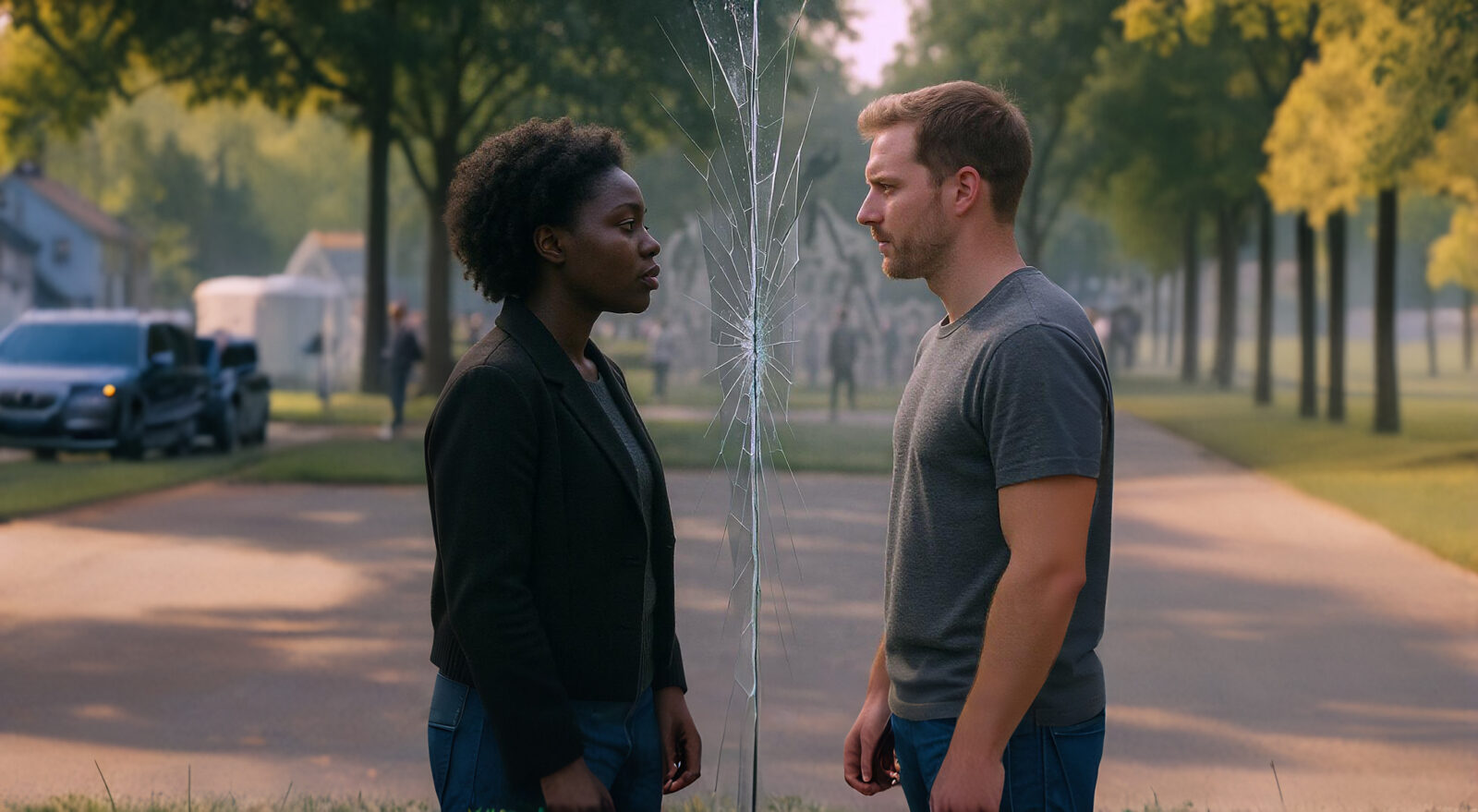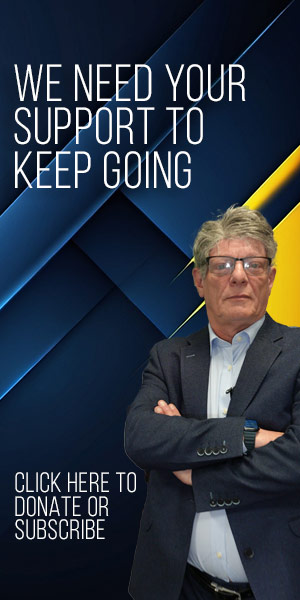The Microaggression Mindset: Are We Creating Victims Instead of Solving Racism?

The Microaggression Mindset: Are We Creating Victims Instead of Solving Racism?
In today’s social climate, you can commit a sin without ever intending to. Compliment someone’s English? That might be a microaggression. Ask someone where they’re from? Microaggression. Donate to an African charity? You guessed it, microaggression. We’re not talking about burning crosses or racial slurs. We’re talking about innocent, even well-meaning, human interactions being labeled as oppressive.
This isn’t progress. It’s cultural paranoia.
Context Is Everything
Let’s start with the idea that saying “You speak such good English” to a person of color is somehow offensive. On paper, sure, if someone assumes that a person can’t speak English because of their skin color, that’s ignorance. But context matters. Let’s flip the scenario.
Imagine a Chinese man moves to Ireland, learns fluent Irish, and begins speaking it casually. An Irishman hears him and says, “Wow, I didn’t expect you to speak Irish so well.” Is that a racial insult? Or just surprise and admiration? Irish is hardly a global language. It’s not racist to be surprised when someone outside the culture has taken the time to master it. It’s human.
Calling that a “microaggression” implies malicious intent where there is none. It trains people to interpret normal, curious, and even friendly behavior as subtle racism. That’s not justice, it’s a distortion of reality.
We’ve Fought Real Racism And We’ve Won
Let’s get some perspective. Real racism, the kind that burned crosses, lynched people, segregated schools, and denied basic human rights, was horrific. It took decades of struggle, activism, and sacrifice to fight back against it. Slavery was abolished not by protestors on social media but by governments, including Britain, which banned the slave trade long before many others.
Western societies implemented laws, reformed institutions, launched education campaigns, and made “racism is wrong” one of the most universally accepted truths in modern morality.
And yet, after all this, we’re now being told that subtle facial expressions, minor compliments, and generous donations might be just as harmful as the overt hatred of the past? That’s not healing, that’s revisionism.
The Rise of the Microaggression Culture
The problem isn’t just over-sensitivity. It’s power. Many minority groups today, or at least the loudest voices among them, seem drunk on influence. Instead of celebrating progress, they have weaponized grievance. Instead of encouraging integration and understanding, they issue endless lists of do’s and don’ts, dictating how everyone else should speak, think, and feel.
And ironically, this new obsession doesn’t unite us. It divides us further.
It teaches minorities that discomfort is oppression, and it teaches everyone else to keep their heads down and their mouths shut. We’ve gone from fighting real racism to treating awkwardness as bigotry.
DEI and the Politics of Skin Over Skill
This trend is also reflected in hiring practices. The rise of DEI (Diversity, Equity, and Inclusion) policies is touted as progress, but in many cases, it amounts to reverse discrimination. Picture ten white men and one black man applying for the same job. If DEI mandates prioritizing diversity, and the black candidate is hired because of his skin color, even if he’s less qualified, then those other candidates have been racially excluded.
That’s not equality. That’s racism with new packaging.
Fairness should be based on merit. If you hire someone because of their race, and not their skills, you’ve simply shifted who gets discriminated against. And pretending there are “two sides” to this is dishonest. Discrimination, no matter who it’s against, is wrong.
Charity as Microaggression? Really?
On a TikTok panel, I was told that donating to organizations like Trócaire or Concern, charities that help impoverished communities in Africa, was racist. That giving aid to countries that need it perpetuates colonialist attitudes. I couldn’t believe what I was hearing.
This is where the microaggression mindset becomes absurd. A good deed becomes a symbol of oppression. A gesture of Sympathy becomes a threat. It’s not about what you do, it’s about how someone might twist it.
That’s not social justice. That’s a trap.
We’ve Confused Legacy with Identity
Many people today, particularly online activists, are not carrying their ancestors’ pain. They are wielding it like a weapon. They act as though someone saying the “wrong thing” in a conversation is as serious as their great-grandparents being lynched in the Jim Crow South.
Let’s be blunt: A poorly worded compliment is not racism. Racism was slavery. Racism was lynching. Racism was segregation and apartheid. We fought that. We won that. What’s happening now is a desperate attempt to keep the narrative of victimhood alive, even when the evidence of oppression no longer supports it.
Victimhood Is Not a Virtue
Too many activists today seem more interested in chasing offense than building solutions. They equate a compliment on their language skills with generational trauma. They insist that microaggressions are as damaging as the horrors of history, as if an awkward comment is equal to a lynching.
That’s not activism. That’s narcissism.
Final Word: Let’s Stop Pretending This Helps
This culture of microaggressions doesn’t bring healing. It breeds suspicion. It punishes curiosity. It teaches people to walk on eggshells around one another, or worse, to assume the worst of one another at all times.
If we want a truly equal society, we need to move past this idea that everything is offensive and everyone is a potential bigot. That’s not empowerment, that’s paranoia.
We need to rediscover grace, context, and good faith. If someone says the wrong thing, talk to them. If someone offends you without meaning to, assume they didn’t mean it. That’s how adults build bridges.
Otherwise, we’re not building a better world. We’re just building a minefield.








